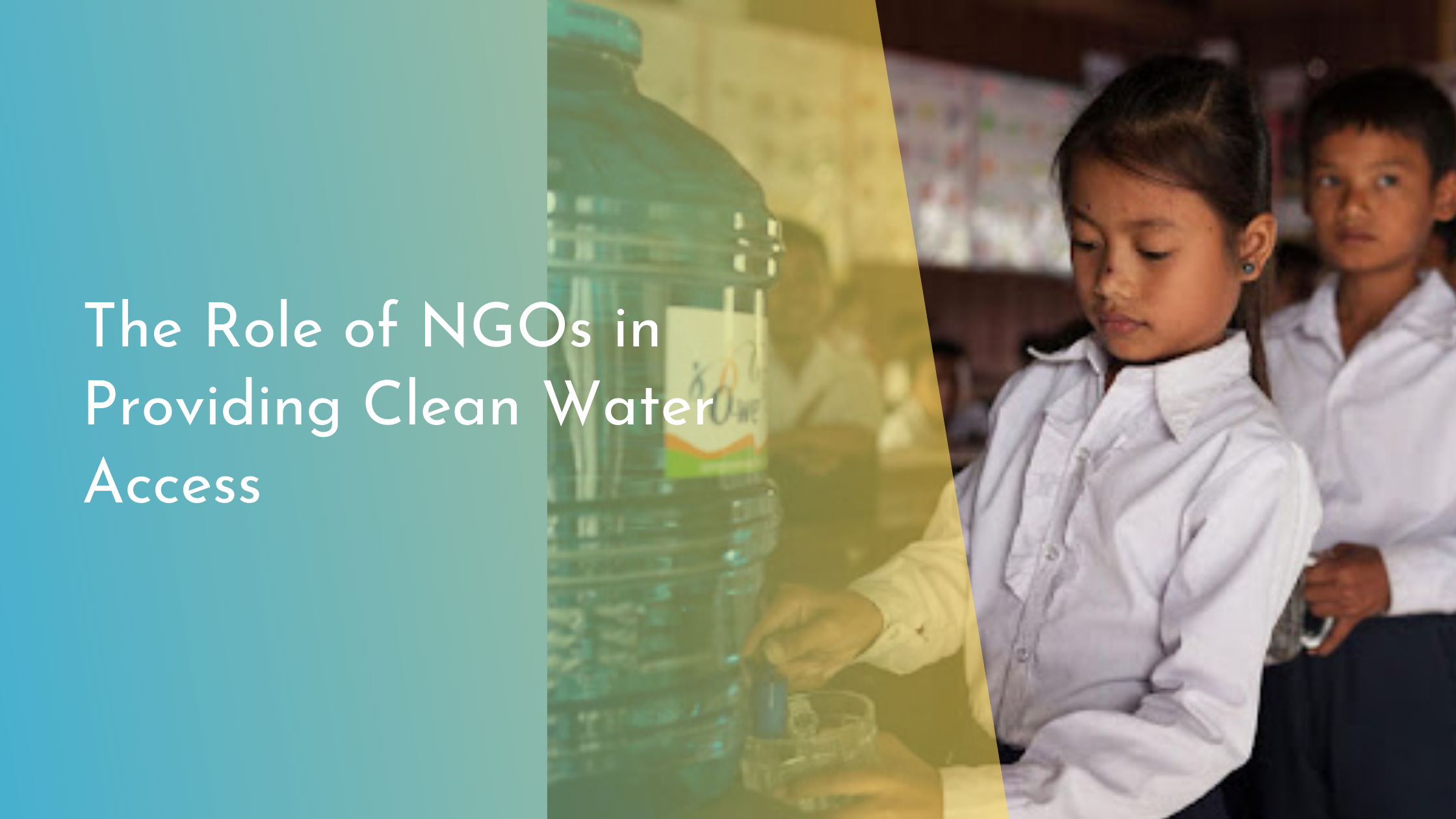The Role of NGOs in Providing Clean Water Access
Access to clean water is a fundamental human right, yet millions worldwide still struggle to access this vital resource. Non-Governmental Organizations (NGOs) have been at the forefront of efforts to provide clean water access, working tirelessly to improve health, enhance education, and promote sustainable development. This article explores the critical role NGOs play in addressing the global water crisis, showcasing their innovative approaches, and sharing inspiring success stories that highlight their indispensable contributions.
Understanding the Global Water Crisis
The global water crisis is a multifaceted challenge affecting billions of people, particularly in developing regions. According to the World Health Organization, approximately 2.2 billion people lack access to safely managed drinking water services, leading to severe health, economic, and social consequences. Contaminated water sources contribute to numerous diseases, such as cholera, typhoid, and diarrhea, which disproportionately affect children and vulnerable populations. Furthermore, water scarcity exacerbates food insecurity and hampers economic growth, creating a cycle of poverty and suffering.
Climate change further intensifies the global water crisis by altering weather patterns and causing more frequent and severe droughts and floods. These changes strain existing water resources and complicate efforts to provide sustainable access to clean water. Additionally, rapid urbanization and population growth increase the demand for water, placing immense pressure on infrastructure and natural resources. Understanding these dynamics is critical for designing effective interventions that can mitigate the impact of the water crisis on affected communities.
How NGOs Address Clean Water Challenges
Non-Governmental Organizations (NGOs) are instrumental in tackling clean water challenges through innovative solutions and community-centric approaches. They often work in remote and underserved regions, where government efforts might be limited or absent, implementing projects that range from constructing wells and rainwater harvesting systems to promoting water conservation practices. NGOs also play a crucial role in educating communities about sanitation and hygiene, which complements their efforts to provide access to clean water and reduces the prevalence of waterborne diseases.
Moreover, NGOs often collaborate with local stakeholders, governments, and international partners to reinforce their impact and ensure the sustainability of their initiatives. By leveraging local knowledge and expertise, they tailor solutions to meet specific community needs, fostering a sense of ownership among residents. This approach not only empowers communities but also ensures long-term success, as local populations are more likely to maintain and protect water resources when they are actively involved in the decision-making process.
Success Stories: Impactful NGO Water Projects
One notable success story is the work of Water.org, co-founded by Matt Damon and Gary White. Water.org has pioneered microfinancing solutions that enable families to access small loans for building water and sanitation infrastructure. This approach has empowered over 40 million people in Asia, Africa, and Latin America to secure clean water and sanitation facilities, thereby improving health outcomes and economic opportunities. By emphasizing financial inclusion, Water.org has demonstrated how innovative financing can effectively address water access challenges.
Another inspiring example is the work of charity: water, an organization dedicated to bringing clean and safe drinking water to people in developing nations. By focusing on transparency and innovation, charity: water has funded over 78,000 projects across 29 countries, providing clean water to more than 13 million people. Their unique approach of sharing project details and progress directly with donors has fostered a strong sense of community and trust, encouraging continued support and investment in their mission.
Conclusion: A Brighter Future with NGO Efforts
The collective efforts of NGOs in providing access to clean water have already transformed countless lives and communities around the world. By employing innovative strategies and fostering collaboration, these organizations have not only addressed immediate water needs but also laid the groundwork for sustainable development. Their work is a testament to the power of human compassion and ingenuity, proving that when we come together with a shared purpose, we can overcome even the most daunting challenges.
As we look to the future, the role of NGOs in addressing the global water crisis remains as crucial as ever. With continued support and collaboration, these organizations will undoubtedly extend their reach and impact, bringing hope and clean water to millions more. By championing the cause of water access, NGOs are paving the way for a healthier, more equitable world, where every person can enjoy the fundamental right to clean and safe water.

